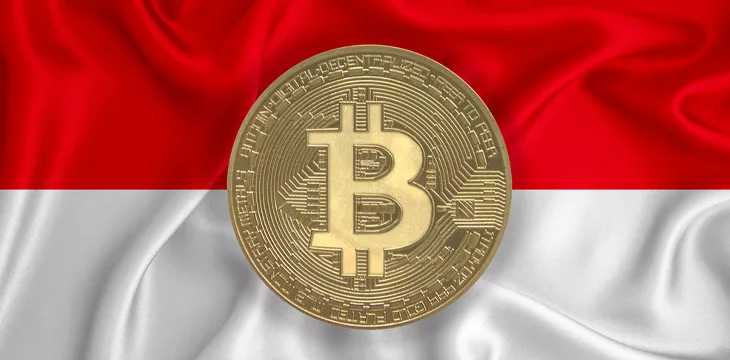
|
Getting your Trinity Audio player ready... |
After nearly two years, Indonesia’s Commodity Futures Trading Regulatory Agency (Bappebti) has rolled out a national digital currency exchange to ensure uniformity among industry participants.
Bappebti rolled out its clearing house and a depository for digital assets to accompany the national exchange, according to a report from The Jakarta Post. Head of the commodity trading watchdog Didid Noordiatmoko disclosed that the move is designed to protect the growing number of digital currency investors from industry-related risks.
“Physical trading of crypto assets carries a high degree of risk. By their nature, crypto assets can increase or decrease in value drastically in a short time,” Noordiatmoko said. “Therefore, the community must have a clear understanding of the benefits, opportunities and risks related to trading crypto assets.”
Following the launch, all digital currency transactions in the country must be processed via the national platform. While information concerning the operations is sparse, it appears that international transactions may not be supported on the platform, and Bappebti will play an increased role in setting prices.
In the months leading to the launch, Noordiatmoko disclosed that the system had undergone multiple stress testing while Know Your Customer (KYC) and stock exchange rules have been ironed out.
Indonesia’s push for a national exchange has not been smooth sailing, with the project facing a series of setbacks. According to the country’s Deputy Trade Minister Jerry Sambuaga, the delays in rolling out the national platform is proof of the government’s plans to avoid making grave mistakes in launching the offering.
“This is proof that we are being careful,” Sambuaga said. “We don’t want to be hasty as it may cause us to miss something.”
Indonesia’s move to launch a national digital currency exchange comes amid the rising adoption levels of digital assets in the country. New data indicates that 15,000 investors invested in digital currency in May, bringing the number of traders to over 17.4 million Indonesians.
Accompanying the launch with stiff regulations
Following a series of high-profile implosions that rocked the digital currency industry, Indonesian regulators moved to roll out stricter rules for the ecosystem. The Ministry of Trade is pushing for two-thirds of the boards of directors of digital currency service providers to be Indonesian citizens as part of new rules for the sector.
Furthermore, all service providers are expected to rely on third-party services in storing clients’ funds to prevent commingling on assets. New rules will see digital currencies being classified as securities rather than commodities with a two-year window to ensure a seamless transition under the new classification.
CoinGeek Conversations with Dr. Craig Wright: Crypto regulation will make life easier for BSV
Recommended for you
Lorem ipsum odor amet, consectetuer adipiscing elit. Elit torquent maximus natoque viverra cursus maximus felis. Auctor commodo aliquet himenaeos fermentum
Lorem ipsum odor amet, consectetuer adipiscing elit. Accumsan mi at at semper libero pretium justo. Dictum parturient conubia turpis interdum

 11-22-2024
11-22-2024


